Frontier, Citynet, and seven others tapped for BEAD funds to connect 73,701 sites.
West Virginia has released its list of recommended broadband providers for the $624.7 million in BEAD funding, with nine companies selected to expand service across all 73,701 of the state’s underserved and unserved locations. The awards were announced by the West Virginia Broadband Enhancement Council and still require approval by the National Telecommunications and Information Administration (NTIA).
Who Gets the Most Funding
According to analysts, Frontier and Citynet top the list, each slated to receive more than $200 million to serve more than 24,000 locations. The remaining awards include:
- Comcast: $61.3 million
- Micrologic: $52.9 million
- GigaBeam: $23.4 million
- Prodigi: $21.6 million
- Armstrong: $12.7 million
- Hardy Communications: $7.9 million
- SpaceX (Starlink): $6.4 million
Fiber Dominates the Awards
Although federal rule changes in June eliminated fiber’s formal priority status, West Virginia still recommended most funding for fiber builds. In fact, SpaceX’s Starlink is the only non-fiber project on the list, with its low-Earth orbit (LEO) satellites covering 4,241 locations, nearly 6% of the total.
This puts West Virginia in line with other states that have released “Benefit of the Bargain” awards so far — all have leaned heavily toward fiber despite the new technology-neutral rules.
How the State Decided
West Virginia’s decisions were guided by the federal primary criterion of minimal BEAD outlay — awarding funds to the lowest-cost options for each target region. If competing proposals came within 15% of one another, secondary criteria were applied, including:
- Deployment speed within 18–36 months
- Technical capacity to scale to symmetrical gigabit service
- Status as a previously selected provisional BEAD awardee
The state also factored in West Virginia’s unique geography — steep valleys, tree cover, and mountainous terrain — to judge whether proposed technologies could realistically serve households long-term.
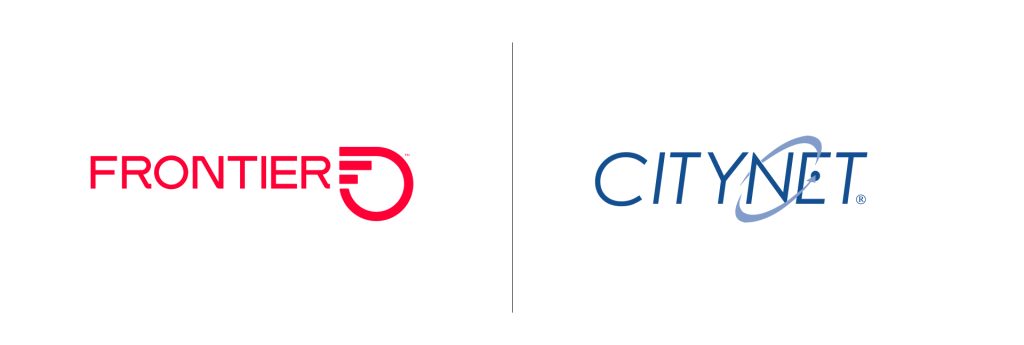
Next Steps
With recommendations finalized, the proposal now moves to the NTIA for review and approval. If approved, it will mark the third state to complete its revised BEAD awards under the updated rules — and another signal that fiber will remain the backbone of America’s broadband expansion, even as satellite providers carve out a smaller share.
More on BEAD and Broadband
- More of our recent stories about BEAD and public broadband programs at Brander Group
- For up-to-date information on the $42 billion BEAD Program, check Brander Group’s BEAD funding progress dashboard
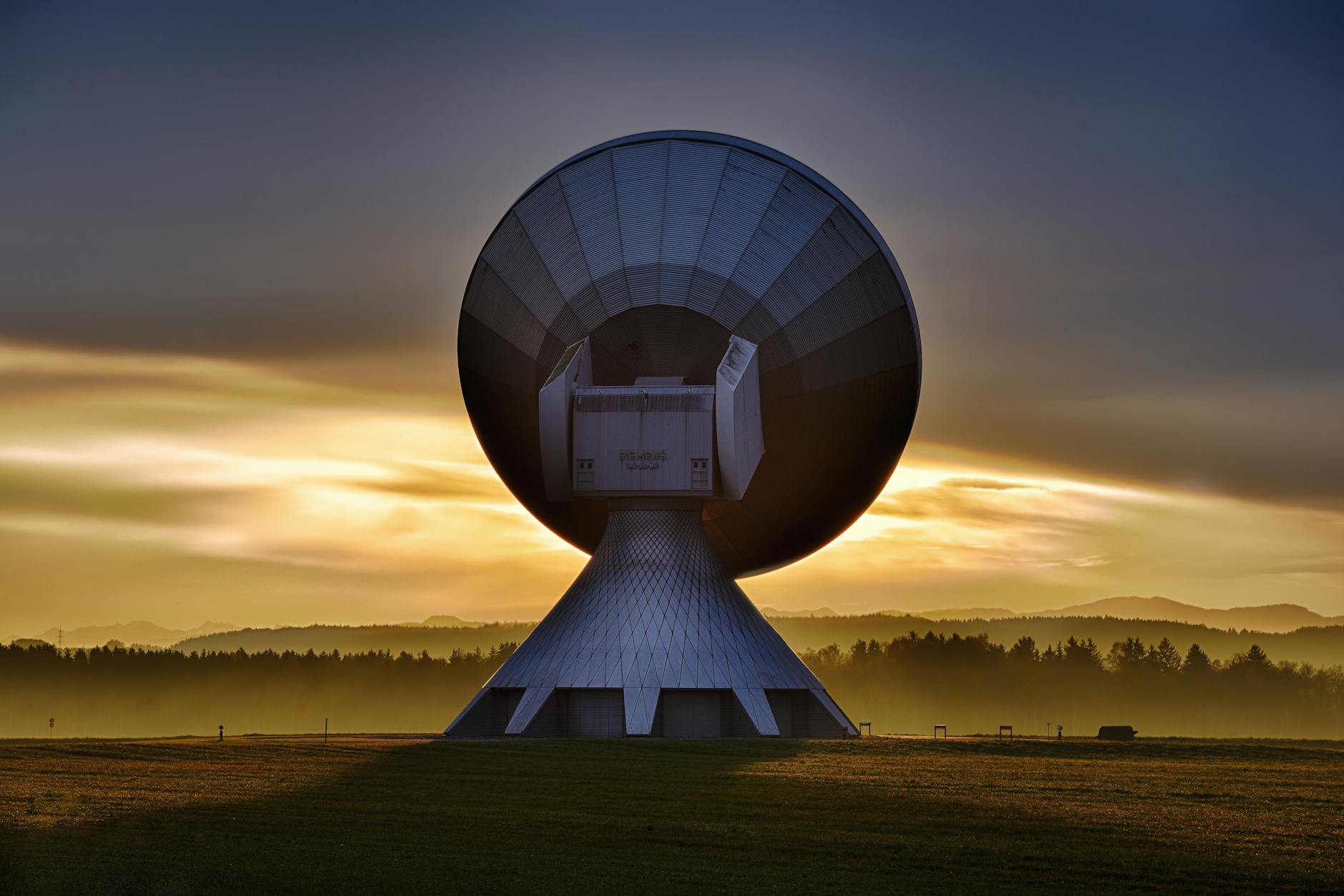

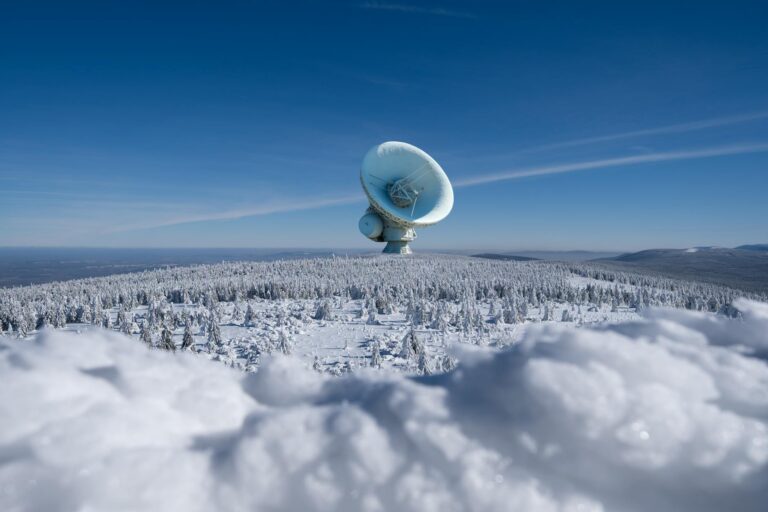

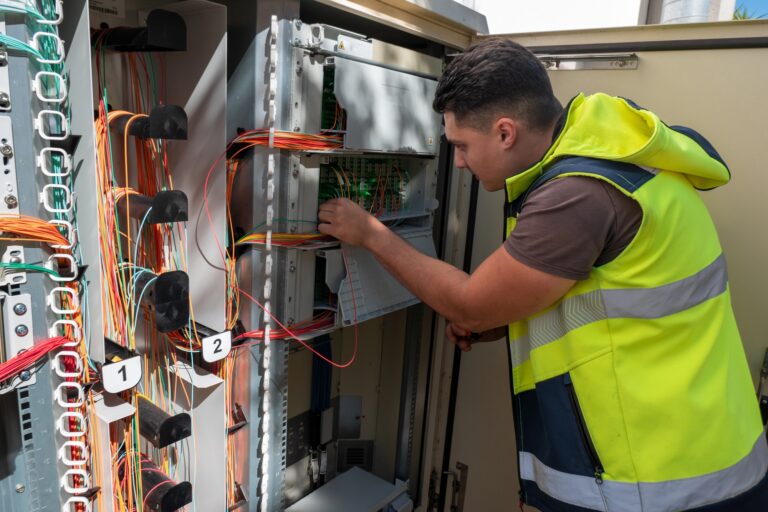
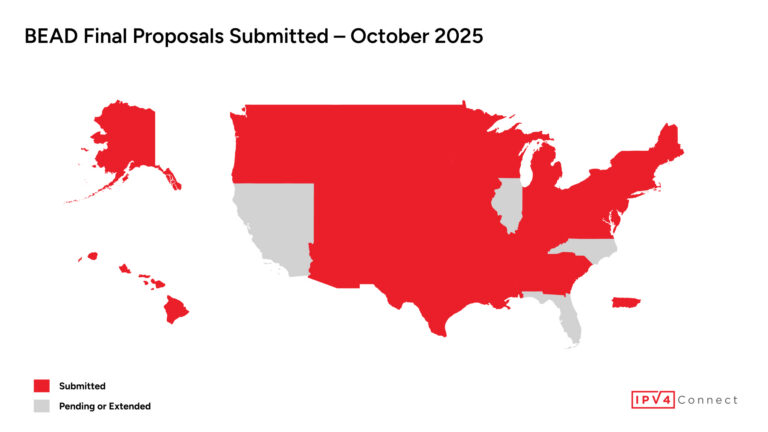

Leave a Reply